
The therapy has fewer off-target effects on kinases and may be better-tolerated than other DHODH inhibitors for patients with relapsing MS.

The therapy has fewer off-target effects on kinases and may be better-tolerated than other DHODH inhibitors for patients with relapsing MS.

Researchers saw the least amount of adverse events and the least time to stable dose in participants entering the study with SXB treatment.

In total, 50% of patients eligible for device-aided therapies did not report having any discussion with providers about future device-aided therapies.

Critically ill patients who were obtunded, stuporous, or comatose had pediatric lateralized epileptiform discharges, and acute brain insults were among many clinical characteristics to benefit from longer EEG.
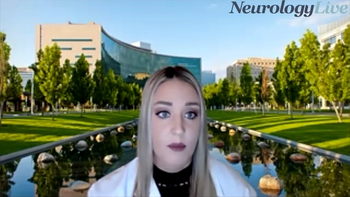
Alise Carlson, MD, a resident at Cleveland Clinic, provided insight on how raising awareness for genetic leukodystrophies may ultimately improve misdiagnosis rates.
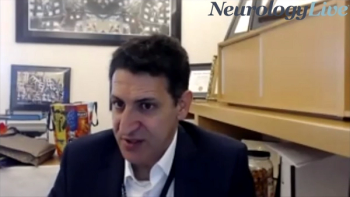
The director of the Lou Ruvo Center for Brain Health and neurologist at Cleveland Clinic discussed whether lenalidomide, a repurposed cancer drug, has promise as an Alzheimer disease DMT.
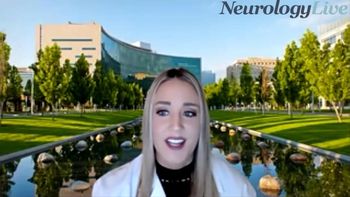
Alise Carlson, MD, a resident at Cleveland Clinic, detailed the reasons for her study evaluating genetic leukodystrophies and their differences to multiple sclerosis at diagnosis.

The president of the Americas Committee for Treatment and Research in MS shared his perspective on the impact of COVID and the top talks at the ACTRIMS Forum 2021.

The findings suggest the externally altered proprioceptive feedback in forced exercises may be increasing cortical engagement.

Alise Carlson, MD, a resident at Cleveland Clinic, discussed her presentation from ACTRIMS Forum 2021 on the misdiagnosis of adult-onset genetic leukodystrophies as multiple sclerosis.
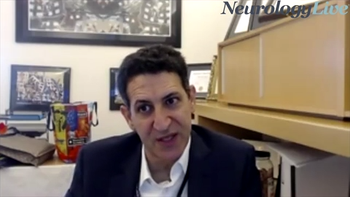
The director of the Lou Ruvo Center for Brain Health and neurologist at Cleveland Clinic discussed the research opportunities for repurposed anti-inflammatory drugs for Alzheimer disease.
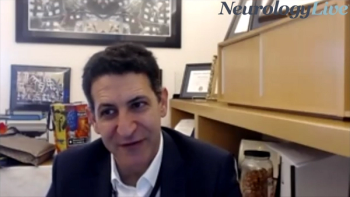
The director of the Lou Ruvo Center for Brain Health and neurologist at Cleveland Clinic provided an overview on how lenalidomide, an FDA-approved cancer drug, will be evaluated in Alzheimer disease.

The president of the Americas Committee for Treatment and Research in MS discusses his takeaways from this year’s virtual forum.

The duo from Cleveland Clinic discussed the reasons for choosing cycling as part of their newly initiated clinical trial, as well as what has been observed for home-based exercise interventions.

The duo from Cleveland Clinic discussed their recently initiated study which will evaluate the neuroprotective features of home-based intervention in high-risk individuals for Alzheimer disease.

Surgical treatment for epilepsy has been proven its effectiveness, and preoperative evaluation has sparked a debate: to spare or not to spare the hippocampus?
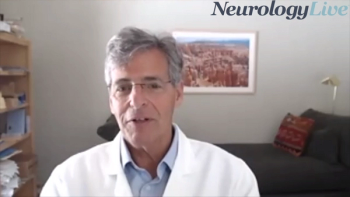
The director of the Schey Center for Cognitive Neuroimaging at Cleveland Clinic shared the next steps in building on previous research that links exercise with a reduced Alzheimer disease risk.

The director of the Lou Ruvo Center for Brain Health and neurologist at Cleveland Clinic discussed a recently initiated study that will look at the FDA-approved cancer drug lenalidomide for the treatment of Alzheimer disease.

The neurologist from Cleveland Clinic discussed how patients with early-onset NMOSD were more likely to have severe residual vision loss.
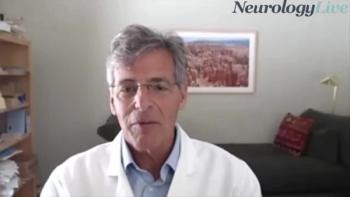
A duo of researchers from Cleveland Clinic outlined their new 5-year study that tests home-based intervention in high-risk individuals for Alzheimer disease.
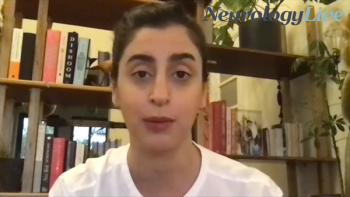
The neurologist from Cleveland Clinic discussed how her study reinforced previous findings that individuals with early onset neuromyelitis optica spectrum disorders are more likely to experience severe vision loss.

The neurologist from Cleveland Clinic discussed perampanel’s unique mechanism of action.

The neurologist from Cleveland Clinic discussed how her team found that patients with AO ≤21 years old had worse visual outcomes than those >21 years old.

New NIH-funded study tests home-based intervention in high-risk group.

Patients with an early age of onset (AO) were also more likely to receive less effective first-line oral therapy than those with later AOs.

UFC will provide $1 million contribution to fund research for a 5-year study that examines the effect of head impacts on long-term brain health.

Researchers will aim to create and validate a risk calculator and screening tool to identify and test individuals with high risk of cognitive decline.

The Cleveland Clinic researcher discussed the unknowns about Parkinson disease dementia and what has been previously observed in clinical studies.

The Cleveland Clinic researcher described the 2-fold potential use for how his predictive Parkinson disease dementia model may be used pending the success of the study.

The Cleveland Clinic researcher details a study that will use biomarkers to develop a predictive model to identify individuals with Parkinson disease who may develop dementia.